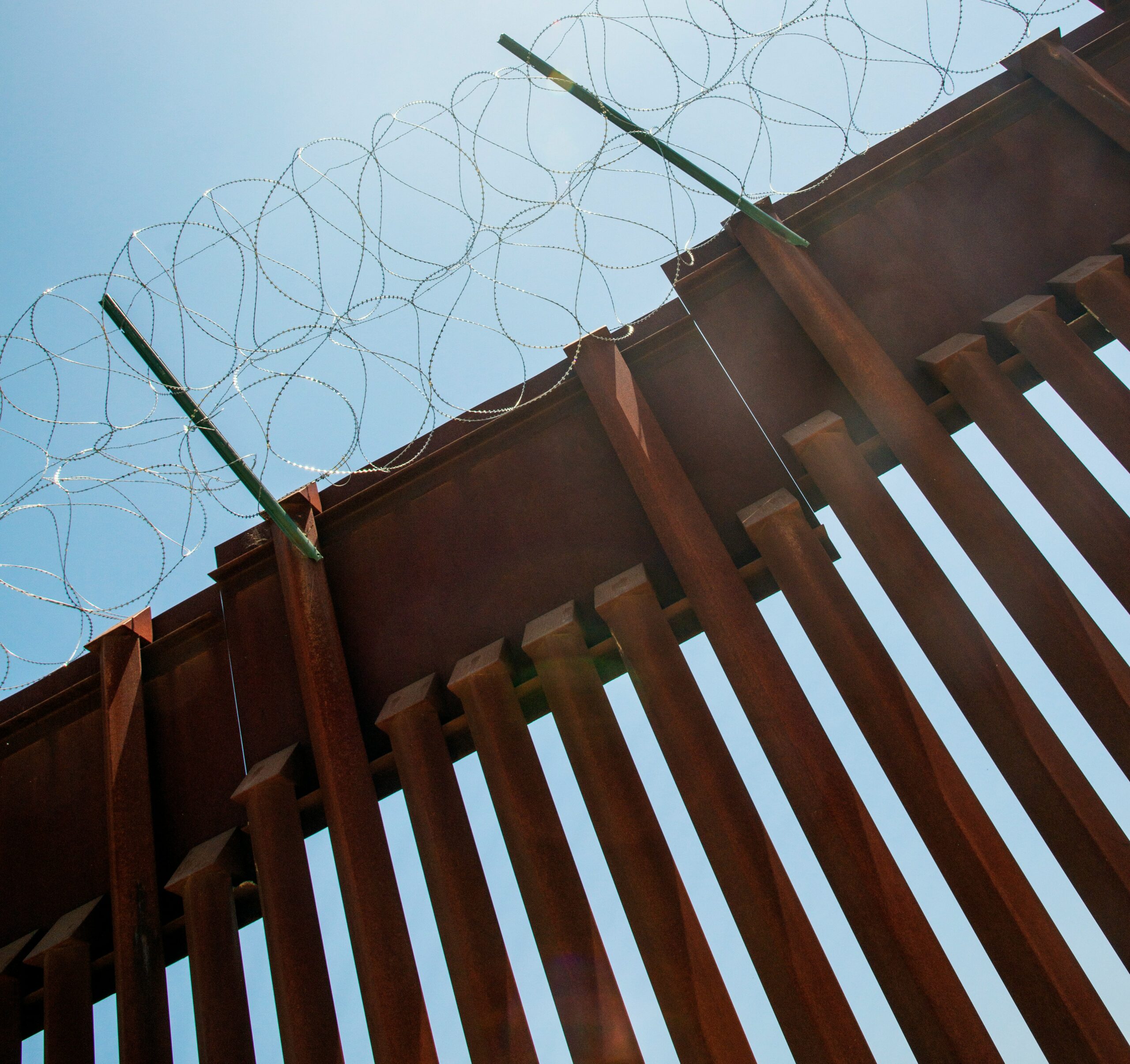
08 Oct European Court of Justice – october 2024
Reference for a preliminary ruling – Asylum and immigration policy – Charter of Fundamental Rights of the European Union – Scope – Articles 1, 4 and 7 – Directive 2011/95/EU – Scope – Articles 2 and 3 – National protection on humanitarian grounds – Directive 2008/115/EC – Article 14 – No possibility of carrying out the removal – Certification – Rights of an illegally staying third-country national in the event of postponement of removal – Directive 2013/33/EU – Scope – Material Reception Conditions.
ECJ, 12 September 2024, Case C 352/23, LF v/ Zamestnik-predsedatel na Darzhavna agentsia za bezhantsite.
Link
Directive 2011/95/EU of the European Parliament and of the Council of 13 December 2011 on standards for the qualification of third-country nationals or stateless persons as beneficiaries of international protection, for a uniform status for refugees or for persons eligible for subsidiary protection, and for the content of the protection granted, must be interpreted as not precluding a Member State from granting a right to stay to a third-country national for reasons which have no connection with the general scheme and objectives of that directive, provided that that right to stay can be clearly differentiated from the international protection granted under that directive.
Article 14(2) of Directive 2008/115/EC of the European Parliament and of the Council of 16 December 2008 on common standards and procedures in Member States for returning illegally staying third-country nationals must be interpreted as meaning that a Member State which is unable to remove a third-country national within the periods laid down in accordance with Article 8 of that directive must provide that national with written confirmation that, although he or she is staying illegally on the territory of that Member State, the return decision concerning him or her will temporarily not be enforced.
Articles 1, 4 and 7 of the Charter of Fundamental Rights of the European Union, read in conjunction with Directive 2008/115, must be interpreted as meaning that a Member State is not required to grant, on compelling humanitarian grounds, a right to stay to a third-country national who currently resides illegally in its territory, irrespective of the duration of that national’s stay in that territory. As long as he or she has not been removed, that national may, however, rely on the rights guaranteed to him or her by both the Charter and Article 14(1) of that directive. Furthermore, if that national also has the status of applicant for international protection, who is authorised to remain in the territory of that Member State, he or she may also rely on the rights enshrined in Directive 2013/33 of the European Parliament and of the Council of 26 June 2013 laying down standa rds for the reception of applicants for international protection.


